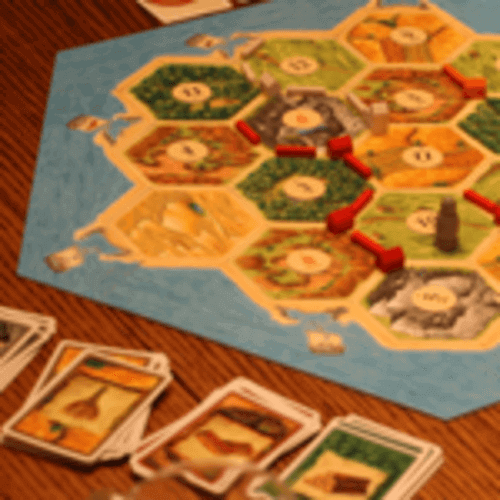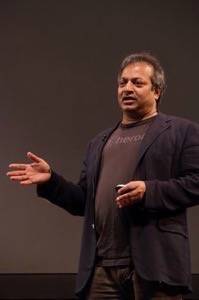Game mechanics have found their way into many aspects of our lives, and the enterprise is poised to be next, according to Salesforce.com Chief Scientist JP Rangaswami.

In a session at ReadWriteWeb’s 2Way Summit earlier this week, Rangaswami outlined how and why gamification will shape the future of work. As a new generation of knowledge workers land in jobs at organizations big and small, they’re bringing with them different expectations and are motivated differently than workers once were.
One way to motivate those workers is by incorporating game mechanics into the workplace, especially when it comes to rewarding worker performance.
Awarding symbolic tokens akin to Foursquare badges when a worker masters a new skill, for example, can both serve to reward that person and establish what people’s skill levels are.

This type of gaming convention is familiar to the new generation of workers, most of which are digital natives who, even if they’re not gamers, have dealt with game mechanics in social media and other aspects of their lives.
Knowledge work is inherently “lumpy,” as Rangaswami described it. In other words, rather than being steady and consistent as it was on assembly lines, modern work has peaks and valleys of intensity and workers are more easily able to shift gears between tasks. All to often, the gaps are filled with what Rangaswami called “this 20th century mechanism called meetings.” Instead, they could be filled in part by conventions borrowed from games.
While badges and leaderboards can be effective tools in the modern workplace, Rangaswami warned against “putting the lipstick of gamification on the pig of work.” That is, if the work is not inherently rewarding, you’re not going to be able to fix that by adding a layer of game mechanics on top of it.
“The changes have to be deeper for it to be worthwhile,” Rangaswami said.
Watch live streaming video from readwriteweb at livestream.com
Gameboard photo courtesy of Randy Son of Robert on Flickr. Photo of Rangaswami by Abraham Hyatt.

















